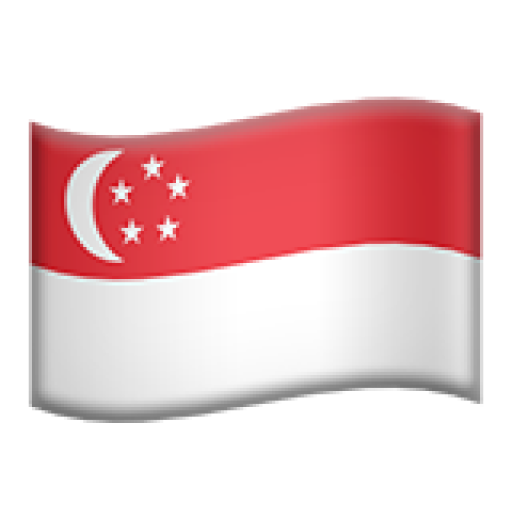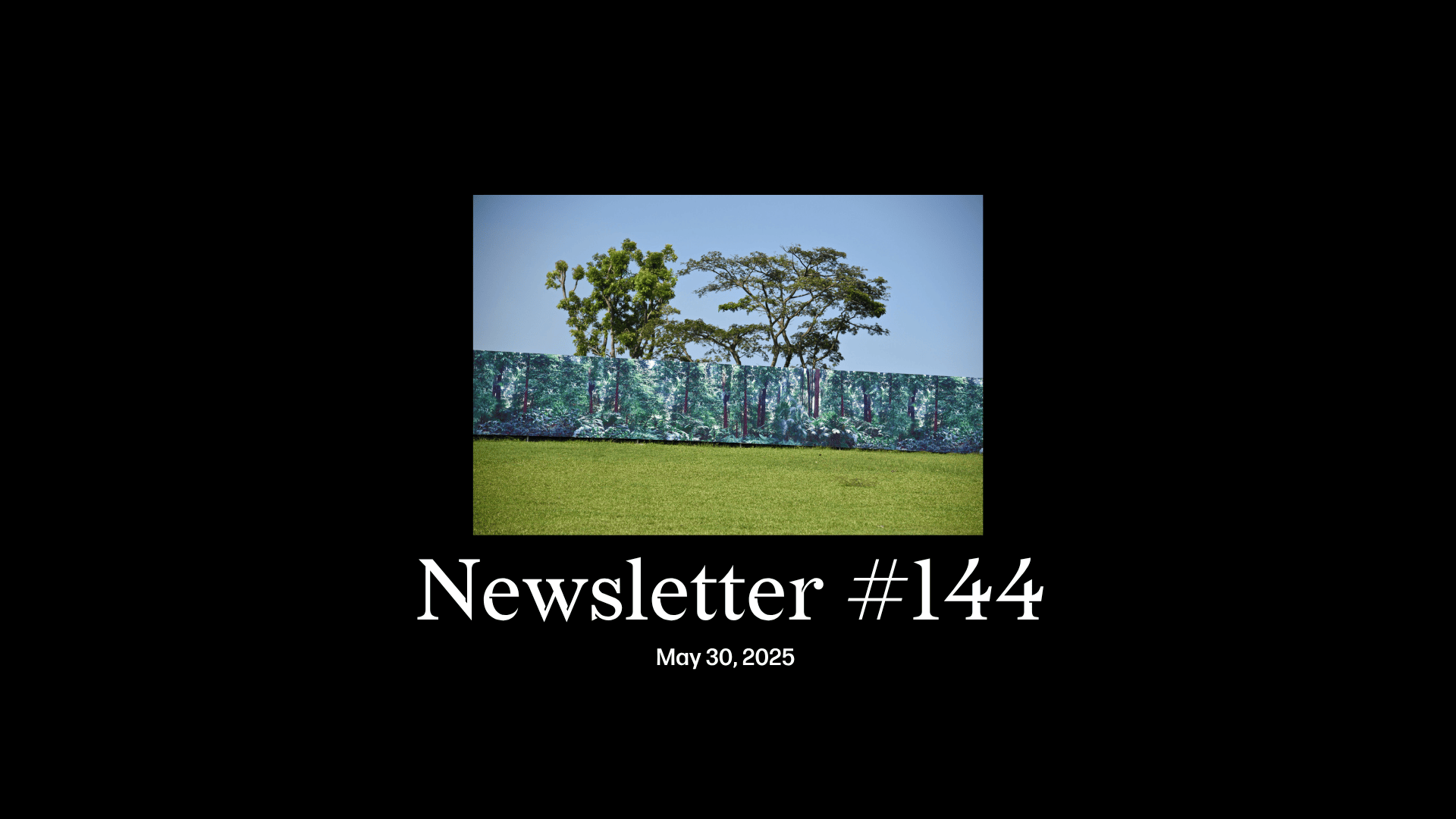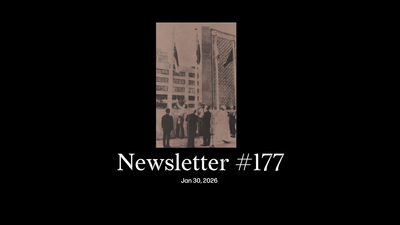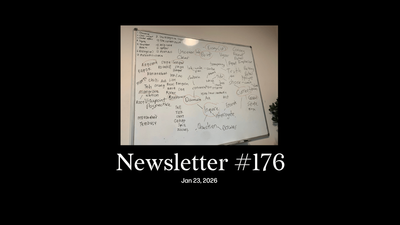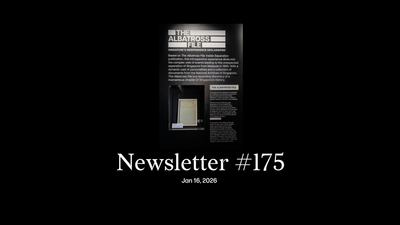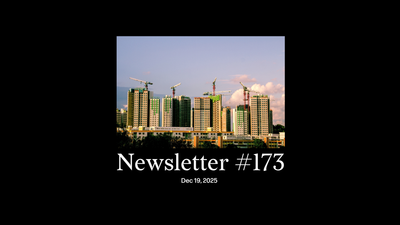Dear reader,
Hello from Kota Kinabalu. I’m working remotely in Sabah these next two weeks. It’s part of our Jom team’s post-GE downtime, our slow exhalation after being on hyperdrive for a month. But it’s also a chance for me, after being immersed in the navel-gazing of a city-state’s politics, to reengage with our region, our neighbours, from whom we always have much to learn.
On ecology and sustainability, for sure, whether seeing shoppers adapt unflinchingly to last year’s ban on single-use plastics, locals’ rugged self-sufficiency, or savouring the freshness of locavore. Kaamatan, the harvest festival of the Kadazan-Dusun and other indigenous peoples, is happening right now, and a high priestess yesterday told a few of us that in their ritualistic incantations they ask for bountiful earthly returns not just for Sabahans, or Borneans, but beings everywhere.
Over lashings of rice wine and chunks of roast pork at Kaamatan, Anne Baltazar, founder of ANAK, which advocates for non-citizen children’s rights in Sabah, described the complexities of identity and citizenship in the state. From the rootedness of the inland indigenous people to the wayfarer Bajau Laut and the migrants from the Phillippines—many controversially so under Project IC—Sabah is an ideal place to ponder questions of belonging and statehood, our place in this world we share.
Yesterday, I visited the home of Yee I-Lann, a contemporary artist who had a recent exhibition at the Singapore Art Museum, and her partner Joe Kidd, the subculture archivist, musician and designer. Stacks of cassette tapes, zines from around the region, and varied paraphernalia from Malaysia’s punk rock scene jostled for space in a second-storey studio surrounded by the jungle. (“We’re hoarders.”) I-Lann was deeply appreciative of the review of her work by Corrie Tan, our arts editor. We spoke about long-form journalism, and the need to break down silos between traditional “arts criticism” and political writing. She introduced me to some as “from Jom”, and it was cool to see our impact felt far beyond our city-state.
Jom Cakap. 7-9pm, Tuesday, June 24th 2025. The Economist’s Sue-Lin Wong in conversation with Jom’s Corrie Tan about “Scam Inc”.
Space is limited. Tickets are now on sale. Discounted for artists, journalists, and students under 25; and a limited number of Free tickets, for those who can’t afford to pay, for whatever reason. Get yours now.
- Why has Halimah Yaacob gotten so much flak for basic humanity?
- Bilahari Kausikan uses “The Daily Ketchup” to spread his biased views on Gaza
- The crushing, spiralling rents that are devastating SG’s F&B scene
- Pink Dot’s “love letter to the future”
- EveryChild.sg releases a roadmap for educational reform
- Will the new Singapore Oceanarium be different from its predecessors?
- “Here we are”, this year’s National Day Parade song
- People’s Park Complex, and the politics of paint
And more, in our weekly digest. Read it now.
Essay: “Singapore is not AI: technonature and agentic ecologies” by Charmaine Poh, Jom’s co-founder.
Two weeks ago we published the first of our ecology trio from last year’s print issue, on food security by Tsen-Waye Tay, one of my co-founders. Today we publish the second, by Charmaine, the other.
Charmaine interrogates the ecological paradox that is Singapore. On the one hand, a place that “has confected for itself an international reputation as a futuristic city in a garden; a sustainable role model for others to emulate”. On the other, a place filled with numerous ecological tragedies, from the weeding out of unauthorised “secret gardens” to the destruction, local and foreign, as a result of our relentless reclamation.
“I’m probably not alone in being unable to shake off the discomfiting feeling that there is a deep disjoint between the vision that the government has projected to the world, and ecological ways of being that feel intimate, relational and agentic.”
One of Charmaine’s gifts is her ability to provide theoretical underpinnings, from a wonderful array of academics and thinkers, to her tender, empathetic observations of everyday life. Her tenor is one that allows her argument to slowly confront us, as it should, not in a brusque way, but rather one of care, solidarity, and hope for a brighter future.
What exactly is this multi-faceted, hyper “modern” system that we’ve created in Singapore, and what is it doing to us and our planet? Reading her work again today, across the South-China Sea, in the “land below the wind”, has offered me a fresh chance to meditate on this issue. Read it now.
Jom fikir,
Sudhir Vadaketh
Editor-in-chief, Jom
If you’ve enjoyed our newsletters, please scroll to the bottom of this page to sign up to receive them direct in your inbox.

